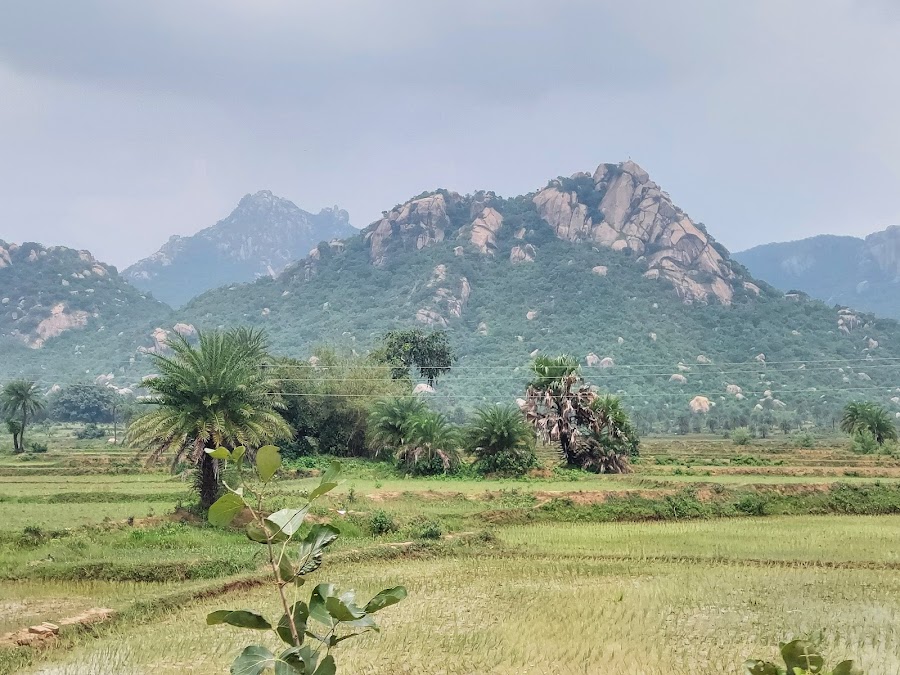
Trikut Pahar
Deoghar, India
- Capture panoramic views from the peaks
- Enjoy picnic with family and friends
- Enjoy the ropeway ride to the hilltop
- Experience sunset views from the top
- Photography of the scenic landscapes
- Trek through the surrounding dense forests
- Visit the Trikutachal Mahadeva Temple
Known for:
Description:
Trikut Pahar, also known as Trikut Hills, is a popular tourist destination in Deoghar, Jharkhand, India. It's renowned for its stunning natural beauty, offering panoramic views of the surrounding landscape. The hills comprise three main peaks, reaching a height of approximately 2,470 feet. A major attraction is the ropeway that takes visitors to the top of the highest peak, providing breathtaking aerial views. The dense forests surrounding the hills are home to diverse flora and fauna, making it a haven for nature lovers. Several small temples and ashrams are located in the area, adding to its spiritual significance. It's an ideal spot for trekking, rock climbing, and simply enjoying the serene atmosphere away from the hustle and bustle of city life. The sunset views from Trikut Pahar are particularly spectacular, drawing many visitors in the late afternoon.
History:
The history of Trikut Pahar is intertwined with local folklore and religious beliefs. The name 'Trikut' is derived from the three prominent peaks of the hill. While there isn't extensive documented historical evidence, the hills have been a site of religious significance for centuries. Local legends associate the hills with various Hindu deities, and several ancient temples and ashrams are present in the vicinity. The area was largely undeveloped until the introduction of tourism initiatives. The construction of the ropeway significantly boosted its popularity, making it more accessible to a wider range of visitors. The hills have since become an integral part of Deoghar's cultural and tourism landscape, attracting both pilgrims and adventure enthusiasts. The region's history is more oral and local, passed down through generations of residents.